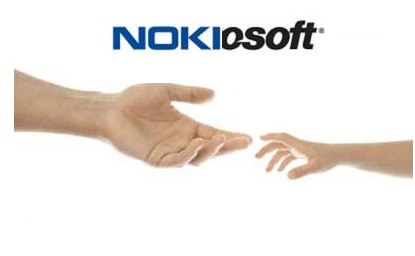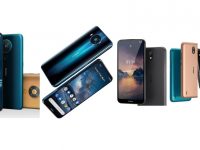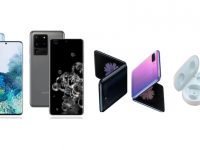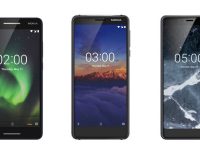We all knew this was coming. In the wake of rising competition from newer, younger and nimbler adversaries like iOS and Android Nokia has announced a “strategic alliance” with Microsoft that would see the transition of Nokia’s high end devices to Microsoft’s Windows Phone 7 platform. The announcement comes just a few days after Stephen Elop, the new Nokia CEO had in an internal memo to Nokia employees reminded them that Nokia was on a “burning oil platform in the middle of the North Sea” and the only option they had was to jump off. Well we now know what the jump is.
Starting April 1, 2011, Nokia’s mobile phone division would be split in to two entities; Smart Devices and Mobile Phones. The Smart devices division would handle all high end smartphones and would include
– Windows Phone Devices
– Symbian Smartphones
– MeeGo Computers
The Mobile Phones division would concentrate on the mid to low end segments where Nokia has been losing ground to Chinese players in large markets like India and China.
Nokia would be unlike most other Windows Phone 7 licensees it seems. At least that is what the primary indications we have received. Nokia would be helping Microsoft to expand the footprint of Windows Phone to a larger range of price points, market segments and geographies. The partnership also means that Windows Phone devices would see the adoption of Nokia Maps. It is unclear if Nokia Maps would also be given a free run on other Windows Phone 7 devices. Nokia would integrate the existing Windows Phone marketplace, Bing Search and of course, Xbox Live! Microsoft would also provide developer tools for Nokia’s Windows Phone devices making it easier for developing applications for the new devices.
Mostly, this can be seen as an attempt to gain some foothold in the burgeoning smartphones space where both Microsoft and Nokia have been lagging considerably for the past few years. Microsoft did fight back with the Windows Phone 7 which has been critically acclaimed – but is yet to see mass market adoption. The alliance with Nokia could help Microsoft address that.
The next obvious question is what happens to MeeGo and the good ol’ Symbian. Well, Nokia would still be working on it in the sidelines. The existing user base of 200 million Symbian users would not be abandoned – confirmed Nokia. We can also expect the first of the MeeGo powered devices by late 2011.
What we still do not know is when the first of Nokia’s Windows Phone 7 devices arrive. One thing Nokia hasn’t been doing well over the years was the frequency of new device launches and the time between the announcement and the official launch. If Nokia manages to work on these shortfalls, we might actually get to see both the companies gain from this partnership. If that doesn’t happen, this would go down in history as one of the last attempts made by a once huge company to remain contemporary.
My friend Annkur expects a huge backlash from the blogging community about this announcement killing the expectations from MeeGo. While I concur with him on that bit, I guess we can give this one chance to Nokia. Hell, if Motorola can come out of the mess it was in back in 2008, Nokia is in much better shape today to spring back. Motorola did a gamble, a gamble that paid off by joining the Android Platform. I have a bunch of friends who thought Nokia should simply join the Android fraternity and do nothing. I chose to remain silent till the end of the discussion and gently reminded them about the case of Sony Ericsson which in spite of embracing Android is yet to spring back to life. Anyway, the question whether choosing Windows Phone 7 was the right strategy by Nokia is a debate that could go on for eons – or at least until both Microsoft and Nokia proves the naysayers wrong.
Finer details of the alliance (including new devices!) are expected at the Webcast that starts in some. We can only hope Nokia surprises us today.






I want Nokia to succeed, even though I’m an Android lover now. I seriously do..